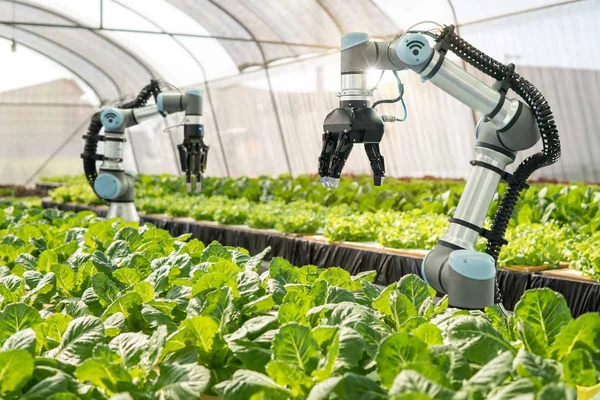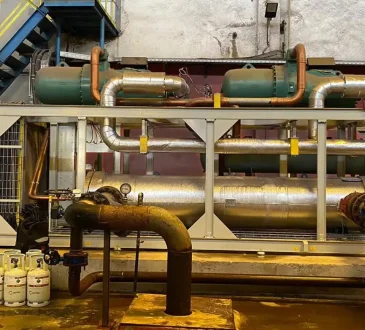
How are market trends influencing the future of agriculture? From changing consumer preferences to technological advancements, agriculture is experiencing a transformation. Let’s explore some of the key trends making waves in the sector.
Fluctuations in Commodity Prices
Fluctuating commodity prices are another trend shaping the agricultural industry. Climate change, geopolitical tensions, and supply chain disruptions have caused significant price swings. Grain futures, for instance, have become a crucial point of focus for farmers and investors alike. These price movements can have a substantial impact on crop profitability, making it crucial for growers to stay informed about the latest trends.
Farmers who can anticipate price changes or hedge their positions in the futures markets may benefit from increased income stability. However, volatility can also lead to significant risks, making it essential to have a solid strategy in place. By monitoring market shifts and trends, growers can better manage risk and make informed decisions about planting and harvesting.
Shifts in Consumer Preferences
Consumer preferences have shifted significantly, impacting agricultural markets. There is a growing demand for healthier, organic, and sustainably produced food. This trend has led to an increase in the production of organic crops, with more farmers shifting to eco-friendly farming methods. The rise in plant-based diets and environmentally conscious purchasing decisions has also pushed growers to rethink their crop choices.
Alongside these changes, consumers are increasingly interested in local food sourcing. As food miles become a concern, the demand for locally grown produce has surged. Farmers are responding by diversifying their offerings and expanding their presence at farmers’ markets and local grocery stores. Understanding consumer desires helps farmers adapt to market demands and remain competitive.

Advancements in Agricultural Technology
Technology is revolutionizing agriculture, providing farmers with new tools to improve efficiency and productivity. Innovations like drones, AI-powered sensors, and automated machinery are helping growers monitor crops, reduce waste, and optimize yields. Smart farming technologies allow farmers to track real-time environmental conditions, soil health, and even pest infestations.
In addition, biotechnology is playing a growing role in developing genetically modified crops that are more resistant to diseases and extreme weather conditions. These advancements are increasing food production while reducing the need for chemical interventions. As these technologies become more affordable and accessible, they are expected to be critical in feeding a growing global population.
Grain Commodity Contracts: Understanding Their Impact on Agriculture
Grain commodity contracts, often referred to as futures contracts, are agreements to buy or sell a specified amount of grain at a predetermined price at a future date. These contracts are a crucial tool in the agricultural market, allowing both producers and buyers to hedge against price fluctuations. It reflects the current expectations of supply and demand, influenced by factors like weather conditions, government policies, and global economic trends. For growers and traders looking to navigate the complexities of grain commodity contracts, seeking professional help from an agriculture market research company can provide valuable insights. These companies offer data-driven analysis and expert guidance, helping stakeholders make informed decisions and better understand market trends, ensuring more effective risk management in commodity trading.
The agricultural industry is constantly changing and influenced by various market trends. From shifts in consumer preferences to technological innovations, these trends are shaping the future of farming. Grain futures, commodity price fluctuations, and sustainability concerns are just a few examples of how market forces impact the sector. By staying informed and adaptable, farmers can continue to thrive in an agricultural market.




